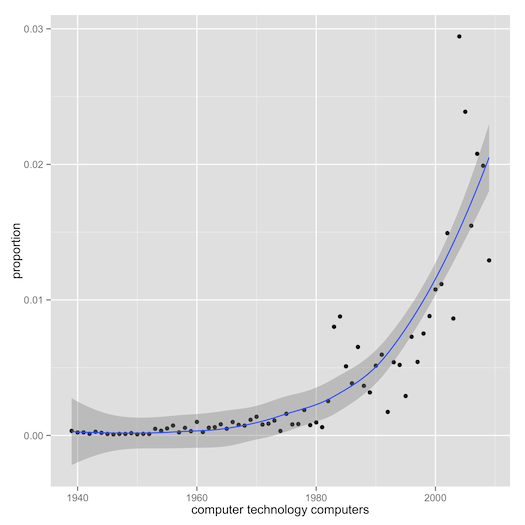computer technology computers electronic information online web digital internet media design hypertext technologies print communication network software access space

computer technology computers electronic information online web digital internet media design hypertext technologies print communication network software access space
